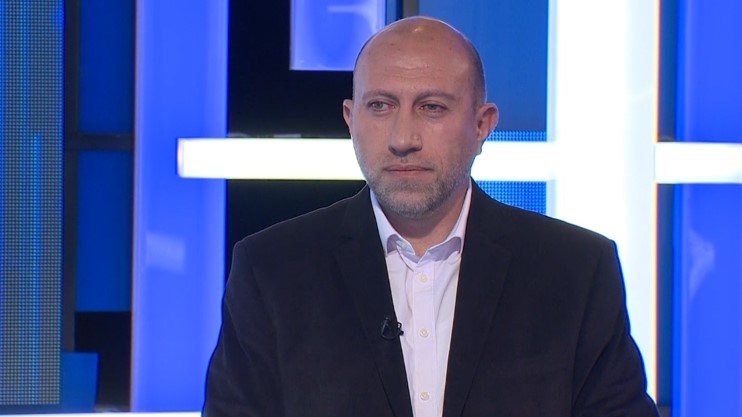Armenian ruling party proposes tougher punishments for electoral violations
Armenia’s ruling My Step bloc has proposed a second round of amendments to the electoral code in the past month: now it is proposed to toughen the punishment for bribery of voters, to introduce criminal liability for forcing individuals to abandon election campaigning and for the publication of false information about candidates or parties participating in the elections.
In early April, again on the initiative of the ruling My Step bloc, the parliament approved amendments according to which parliamentary elections will henceforth be held only on party lists – that is, according to a proportional electoral system.
It is obvious that the political majority is intensively preparing for the early parliamentary elections to be held on June 20.
Experts have no doubt that the proposed amendments will be adopted, since the ruling force has enough mandates in parliament for this. They also believe that the attempt by the political majority to toughen the punishment for electoral violations is an additional restraining legal lever – to avoid the need for real punitive measures.
Extraordinary elections are held to finally resolve the political crisis that arose in Armenia after the war in Karabakh. Immediately after the defeat of the Armenian side, the opposition demanded the resignation of the prime minister. But Nikol Pashinyan stated that he was elected by the will of all residents of the country and would not leave at the request of only opposition supporters. As a result, he agreed with the opposition represented in parliament to hold early elections.
- Departure or come-back? Experts discuss resignation of PM Pashinyan
- Electoral Code changed in Armenia in run up to snap elections
- Are PM-announced snap elections in Armenia in violation of constitution?
What the ruling bloc offers
The package of amendments to the electoral code was presented by the deputy from the ruling majority Vahagn Hovakimyan.
According to the amendments, it is proposed to punish for bribery of voters, as well as for the promise of some benefits, with a prison term of three to six years. So far, the law provides not only a prison term, but also a fine.
The changes also concern the possible bribery of voters under the guise of charity.
In the event that candidates or their representatives during the election campaign hand over to voters anything other than election brochures – that is, money, food, any items – they will face a fine from two to three million drams [about $ 4-6 thousand ], but imprisonment for a term of three to six years is also possible – with aggravating circumstances.
It is also planned to detail the norms concerning campaigning. In particular, “coercion to abandon the election campaign” will be considered a separate type of violation. Now only obstruction of campaigning is considered a violation.
If the amendment is adopted, this violation will face a fine of up to a million drams [about $ 2,000] or a prison term of up to three years. Under aggravating circumstances, such as abuse of office or the use of violence – from four to six years.
For a fight at a polling station or at its entrance, a penalty of 500 thousand drams [about $ 1000] is proposed, arrest for a term of two months to three years, with aggravating circumstances – up to six years.
Criminal liability is also provided for the publication of false information about candidates or parties that participate in elections.
Expert opinion

Political observer Hakob Badalyan:
“For those who are familiar with the realities of Armenia, it is no secret that the forces of the former ruling system have mechanisms that include, for example, the resources of regional, criminal bosses, which have been used in power for years.
In this sense, the political majority, perhaps, is taking a step, which, on the one hand, is an additional legal lever to prevent violations – if necessary, on the other hand, possibly a preventive step in order to avoid the need for real punitive measures.
I don’t think it is appropriate to talk about intimidating the opposition if it does not intend to act outside the law. The problem would be to limit the legal rights to fight for mandates, and not to toughen the punishment for illegal actions. And there are no such restrictions.
Why didn’t they take these steps in the previous elections?
The fact is that in December 2018, the possibility of legislative changes was limited, since the majority in parliament was not a “revolutionary” government, but deputies from the previous government, representatives of the Republican Party [the government that came to power after the “Velvet Revolution” did not have a majority in parliament and stated that the deputies from the former ruling force are failing their legislative initiatives, and therefore early elections were held – JAMnews].
Of course, the fact that the current government then felt much more confident than now plays a role.
On the other hand, there is perhaps one more important circumstance here. The former ruling system did not use all its resources in the early elections in December 2018.
In fact, only the Republican Party participated. Meanwhile, this system with its financial, regional and criminal resources is not only the RPA. And in these elections we can say that the previous system of power will participate in full, therefore, the likelihood of using the resource bypassing the law increases. “



















